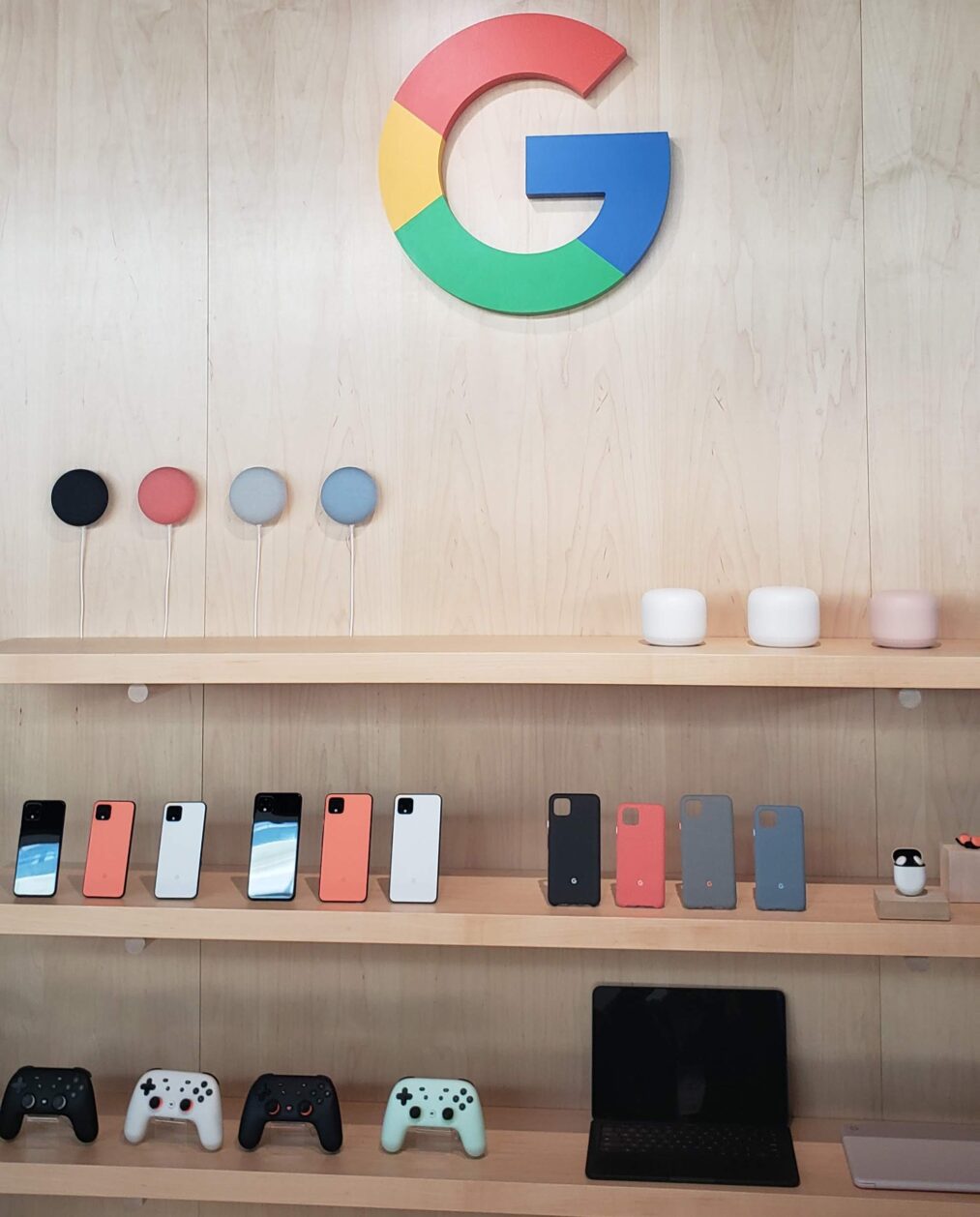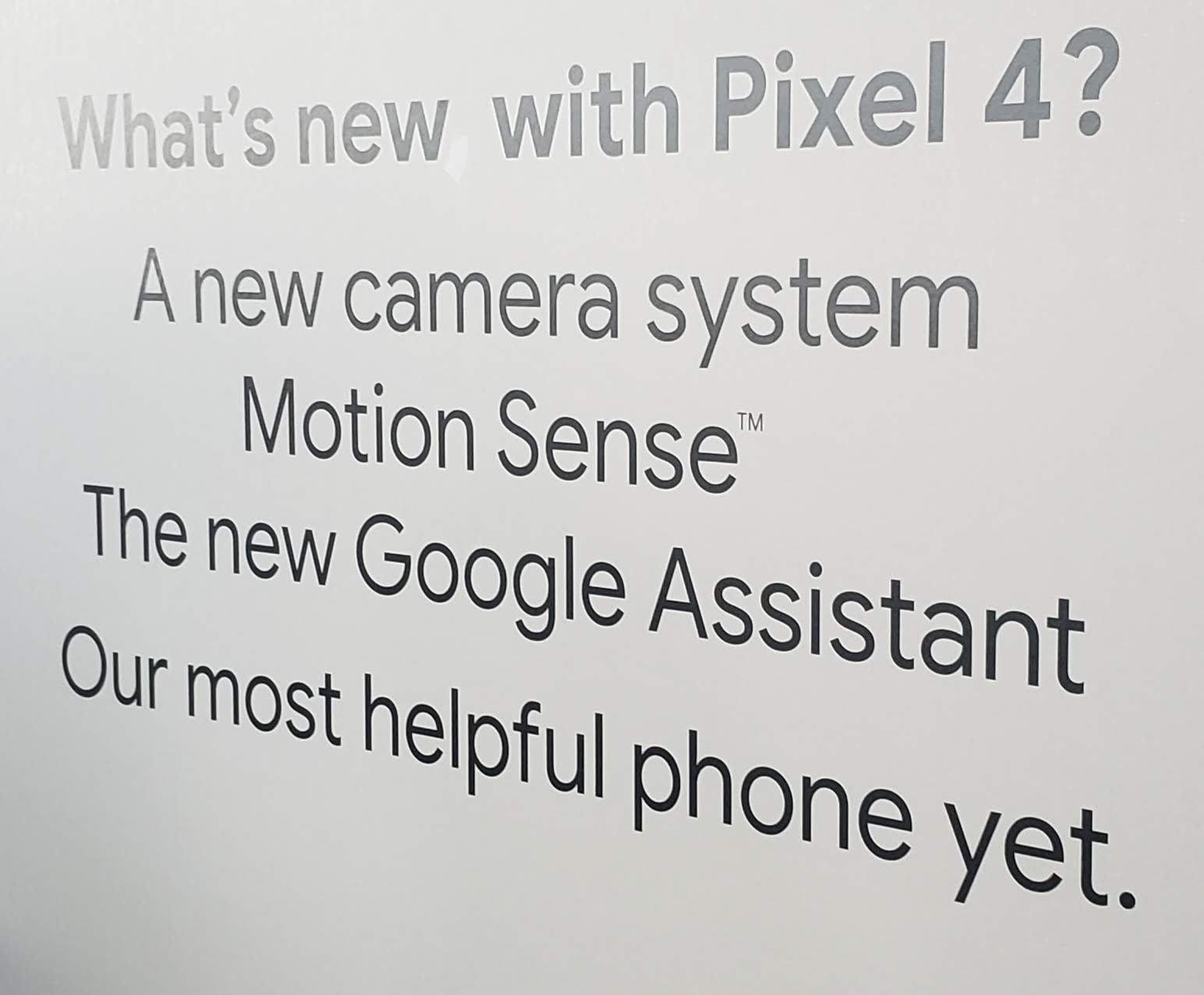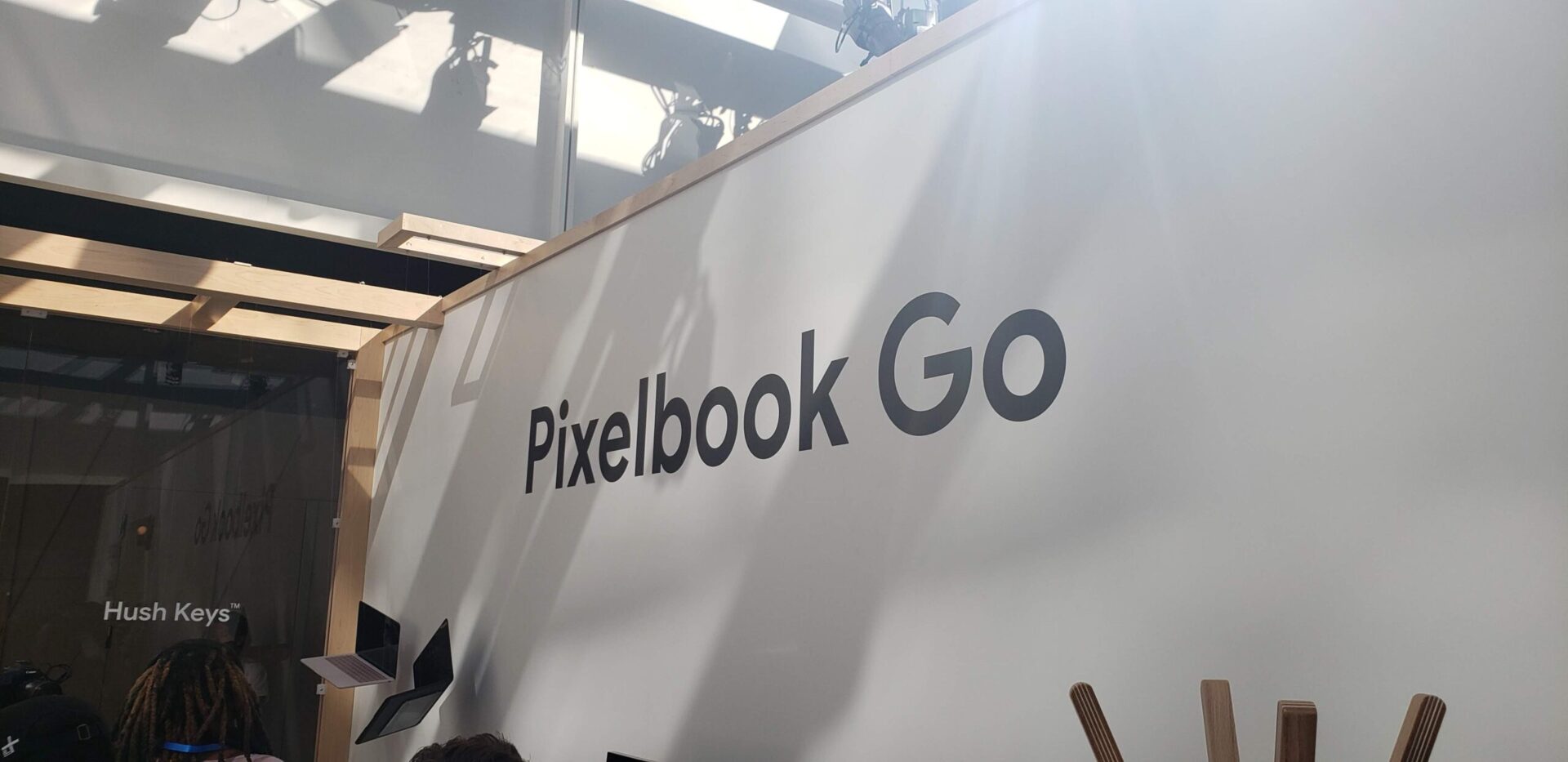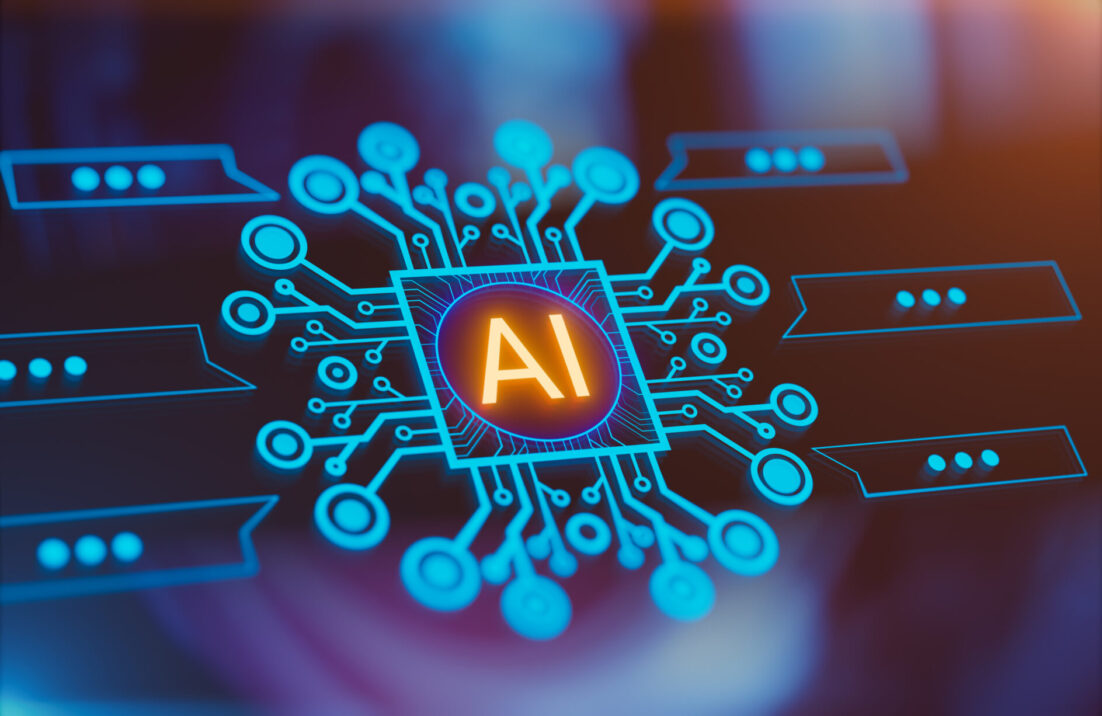I had the opportunity to attend the live Made By Google ’19 event in New York City on October 15, 2019.
Given the pace of change and innovation in the market it is fascinating to attend these events and get a firsthand look at the technology. As a consumer, it is easy to get excited about the latest gadgets, but businesses have traditionally been accustomed to technology lifecycles that are measured and accounted for in years–often 3, 5, and even 10 year increments. Innovators like Google are moving at a pace that is difficult to digest, never mind consume for mainstream businesses.
 I picked up on a few observations and ideas that stood out as to why businesses should be paying attention to Google and how they can impact the way people work.
I picked up on a few observations and ideas that stood out as to why businesses should be paying attention to Google and how they can impact the way people work.
- Ambient computing – This is Google’s push to make life easier and push technology into the background. Google Assistant is at the heart of this strategy and as the frequency of use and comfort level increases on the consumer side, employees are going to expect the same experience at work. For example, the most useful announcement that maps directly to business use cases is Recorder, an AI-enhanced recording and transcribing app.
- Fewer devices – Google used the event to flex its sustainability muscle and hit upon something I totally agree with. It makes little to no sense (as a consumer or an employee) to have so many devices. Google highlighted that they want to reduce the amount of hardware needed. The cloud is core to this strategy so that the experience and state remain consistent for the user.

- Privacy – Google presented privacy as a key focal point in a concerted effort to demonstrate its respect for privacy and an opportunity to build confidence with users. This is an area where Google needs to create a drum beat of education and awareness to help condition consumers and business users.
- Setting the device bar – Google’s design criteria is to create smart devices that are useful. The new radar chip inside the Pixel 4 that enables gestures to control the device raises the bar on how users will interact with phones. The Pixelbook Go has the potential to set device criteria inside of businesses for users that operate from the cloud and are looking to break free from legacy laptops and desktops.
 As Google continues to innovate, the biggest competition for them is the current way employees that are set in their ways work. I’ve seen enough evidence inside businesses that once a user picks up a Google device or an application, they are impressed and appreciate the change in experience they have become accustomed to. But it takes a hands-on experience to see the results. Google has the opportunity beyond consumers to captivate businesses with alternative ways to be productive, interact with technology, and embrace a new experience. I suspect employees will provide some boost for Google into businesses, but it is going to take IT and business professionals that are thought leaders and who see the big picture Google is creating. It’s an ideal time to look into Google to discover and embrace new workstyles and technology that inspires employees.
As Google continues to innovate, the biggest competition for them is the current way employees that are set in their ways work. I’ve seen enough evidence inside businesses that once a user picks up a Google device or an application, they are impressed and appreciate the change in experience they have become accustomed to. But it takes a hands-on experience to see the results. Google has the opportunity beyond consumers to captivate businesses with alternative ways to be productive, interact with technology, and embrace a new experience. I suspect employees will provide some boost for Google into businesses, but it is going to take IT and business professionals that are thought leaders and who see the big picture Google is creating. It’s an ideal time to look into Google to discover and embrace new workstyles and technology that inspires employees.






